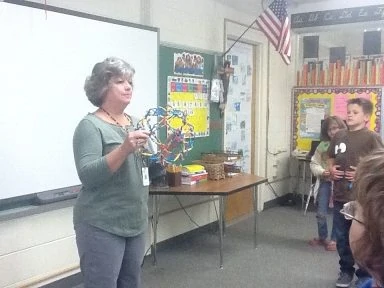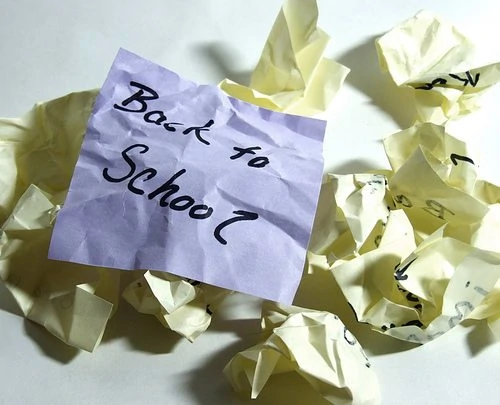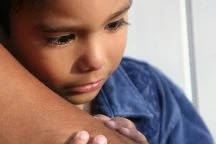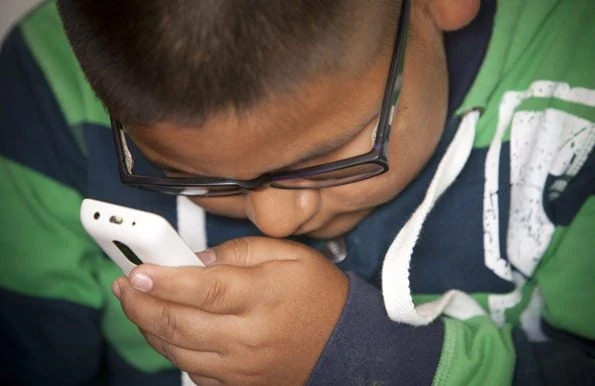Many years ago, I attended a wonderful workshop on inner power led by a Native American Elder from Nevada.
Within the interconnectedness of life, he told us, each being has its own power and everything is equally important. “The power of the bee is different from the power of the eagle,” he said, “but it’s still power.”
Then he had us do an exercise to help us find an animal that represented the power that each of us there that day carried. I suspect we all longed for our animal to be one that was majestic, strong. A lion perhaps, or a panther.
To one man in the group, the Elder said, “You carry the power of the cockroach.” The man’s expression dropped. Most of us went a little slack-jawed. A cockroach?! Are you kidding me?
“All these people get amazing animals,” the man finally sputtered, “and I get a cockroach?!”
The Elder listened to him calmly before telling him, “The Earth may be destroyed by earthquakes, storms, and war, but the cockroach will survive. That is your power. You are a survivor.”
And it was true. The man had described many traumatic events that he had endured. He had incredible survival skills. You could see it in his demeanor. If there were a disaster, he’s exactly the guy whose camp I would want to be in.
“Wow,” said the man, “I just got more respect for the cockroach.”
The Elder replied, “You just got more respect for yourself.”
Identifying the Power in Each Student
I often think of this story when I think of working with children. So often, we tell them what they should become and then try to fit them into a box that doesn’t fit them – like the kids who don’t do well in the public school setting. Often, I see them as beautiful, wild beings who are kept in a cage that’s far too small for their energy. They need to be outside. They need to run, to create, to explore, and to understand their own wildness.
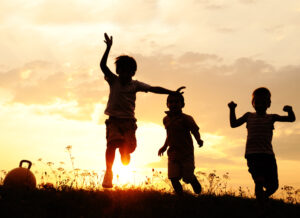
Our educational system doesn’t offer much of this, and it’s hard on children, teachers, and parents alike. We know that such kids need something else, but since we can’t quite provide it, we give them other things instead: a new computer, more time on tests, help with the work that’s overloading their budding nervous systems. We make the only accommodations we can within a broken system.
And then we get attacked. Is everyone special now? Does everyone need a special plan? Are we indulging students?
Perhaps “unique” is a better word here than “special.” “Special” suggests hierarchy. Using the word “unique” allows us to actually see the power within each student. Which is the eagle? Which is the bee? How do we help them see these powers for themselves and develop them further?
How do we respond when a person who is like the bee is broken? It’s hard to do that when we don’t know how to help the literal bees on our planet. The two are connected.
Misunderstood Power Can Destroy
Another story comes to mind.
I was working with a young man, Greg, who was a good and smart and dedicated student. A terrible tragedy had occurred in his family, devastating them. They struggled to help each other recover. Greg was doing his best to keep up with his school work, but it was getting harder. He was feeling suicidal. I asked what he felt he needed, for the body knows.
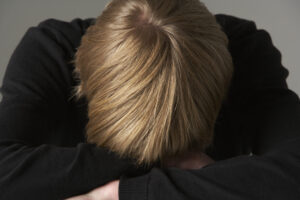
Greg worked up the courage to ask – and his school said no, they couldn’t make any accommodations for him. His sense of discouragement was palpable. I decided to schedule a meeting with the school myself.
Greg and I met with his teachers and counselors. They all kept telling him that he was strong, that he could do it. “Look,” he said, his eyes brimming with tears, “my family has been dealt a big blow. We’re dealing with a lot. It’s awful and it’s hard, and you know what? I really can’t do it right now.”
One of his teachers reached over, patted him on the knee, and said in a very condescending tone, “I think you can, Sweetie.” He lowered his head. He recoiled from her touch.
Power from the Gut
In most physical body systems, such as yoga, Tai chi, and dance, see power as existing in the belly. This is the place of qi, the solar plexus, the one point. Recent research points to the power of the belly as the second brain. We refer to it as a place of truth and courage: We have guts. I knew it in my gut.

Perhaps what we need now is a global truth telling session – not truth that comes from books or science but the truth we know in our bodies. What’s right for us. What we need. What we know our children need.
Ready to learn more about this? Certified TRE providers – and those who are already on the path to TRE certification – can join Dr. Leslie Gray and me on Saturday, March 11 for Wisdom of the Belly: An Indigenous Framework for Finding Personal Power in TRE. You’ll find all the details and registration info about this live online event here.
Not yet TRE certified? Our next Module 1 training is set for April 15-16. We hope you can and will join us. Learn more.


